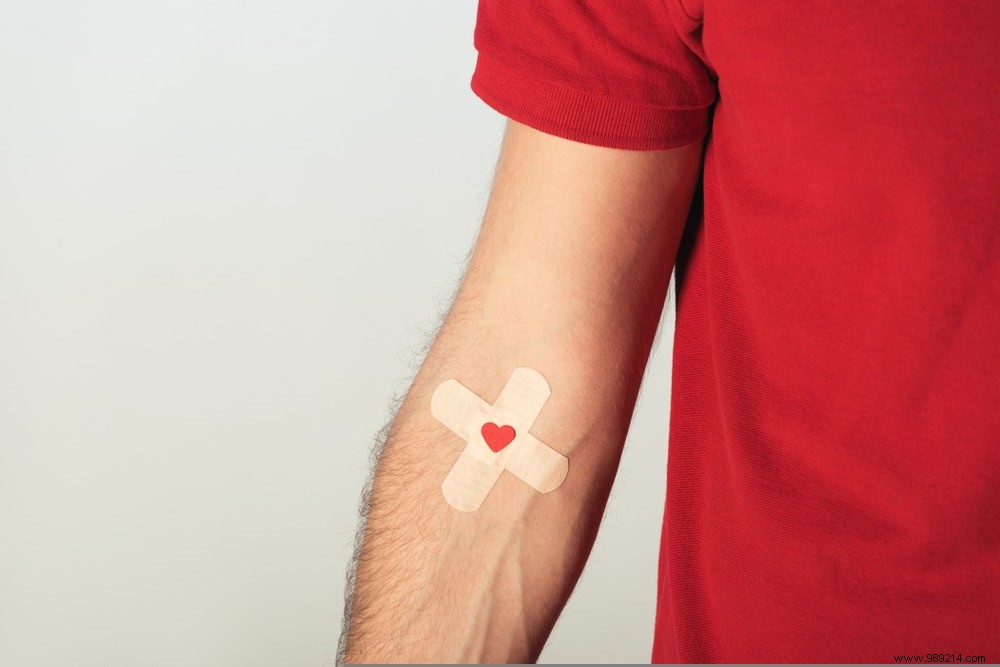
You've donated clothes, food, or money to help those in need. Now, consider saving lives through blood donation. Learn the eligibility criteria, find collection sites, and discover everything you need to know.
Why is blood donation so vital?
Each year, 1 million patients[1] receive care thanks to blood donations— that's 114 patients every hour. Despite this impact, the French Blood Establishment (EFS) faces ongoing shortages, particularly for O-, A-, B-, O+, A+, and B+ groups. Blood has a limited shelf life, making regular donations essential.
Experts estimate 10,000 donations are needed daily to treat patients with blood disorders, cancers (like leukemia, lymphoma, myeloma, myelodysplasia, and sickle cell disease), and hemorrhages.
I want to donate: What are the eligibility requirements?
To become a blood donor, meet these key criteria:
Unsure about your eligibility? Complete the official questionnaire on the French Blood Establishment website.
Blood donation key figures
Where can I donate blood?
Choose fixed sites or mobile collections. Use the EFS mapping tool: enter your postal code or city, select dates and donation type to find nearby locations and schedules.
The app that saves lives!
Download the "Blood Donation" app for your donor portal. Features include finding nearby sites, completing eligibility questionnaires, and viewing donation history.
What precautions should I take?
On donation day, eat a light snack beforehand to prevent dizziness—avoid fasting. Skip fatty foods and alcohol in the hours prior. Expect a doctor's exam and health questionnaire to confirm no contraindications. Bring ID.
After donating, rest briefly under supervision, enjoy the provided snack, then head home. Skip sports, risky activities, or long drives that day.
A health question?
Consult your Well-Being Allo Health service for personalized advice from our expert team.
A few minutes of your time can transform a patient's life. Verify eligibility now and find your nearest collection site.